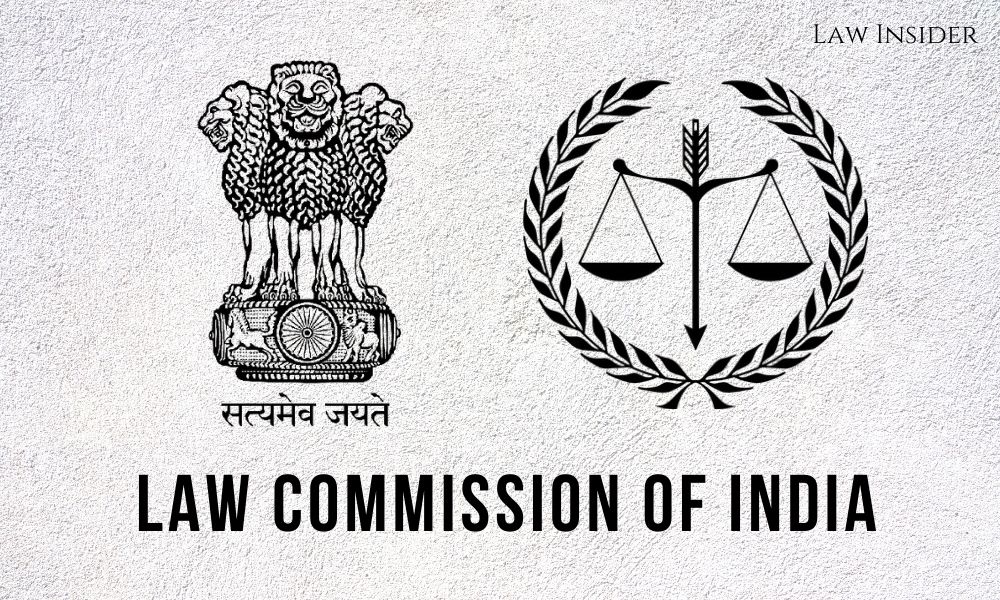LI Network
Published on: 02 June 2023 at 22:01 IST
The 22nd Law Commission has proposed that Section 124A of the Indian Penal Code (IPC) should be retained, but with an expanded definition, procedural modifications in filing First Investigation Reports (FIRs), and an increase in the severity of punishments.
Ritu Raj Awasthi, the Chairperson of the Commission and former Chief Justice of Karnataka High Court, stated during the release of the 279th Report that it is in the best interest of national security and stability to keep the law intact.
According to Section 124A of the IPC, anyone who uses spoken or written words, signs, visible representations, or any other means to incite hatred, contempt, or disaffection towards the legally established government of India, shall be punished with life imprisonment, and may also be fined. Alternatively, the punishment can be imprisonment for up to three years, along with a possible fine.
The Law Commission has recommended an amendment to Section 124A of the Indian Penal Code (IPC) in accordance with the Supreme Court’s ruling in the case of Kedarnath vs State (1962). The proposed amendment suggests adding the phrase “with tendency to incite violence and cause public disorder” to the section.
Furthermore, the Commission has suggested changes to Section 154 of the Code of Criminal Procedure (CrPC), 1973. These changes would ensure that an FIR filed under Section 124A can only be lodged with prior permission from the Central or state government.
Additionally, the Commission has proposed that a preliminary inquiry should be conducted by a police officer of at least the rank of an Inspector, and the report should be submitted to the respective government.
In terms of punishment, the Commission recommends increasing the maximum penalty for offenses under Section 124A from three years to seven years. This adjustment would provide judges with a wider range of options to determine appropriate sentencing based on the severity of individual cases.
The proposed amendment would align the punishment for sedition with other offenses listed under Chapter VI, “Offenses against the State,” of the Indian Penal Code, 1860.
The Law Commission dismissed the argument for scrapping the provision based on the fact that other countries have repealed similar laws. Instead, they highlighted various factors such as population, diversities, and legal systems that impact the jurisdiction of sedition laws in the UK, the US, and India.
On May 1 of this year, the Attorney General R. Venkataramani, representing the Union government, suggested to the Bench headed by Chief Justice of India (CJI) D.Y. Chandrachud to establish a committee to review the legislation.
Subsequently, on May 11, 2022, the Supreme Court of India issued an interim order suspending the enforcement of Section 124A in response to a petition filed by Trinamool Congress leader Mahua Moitra, the Editors Guild of India, journalists, and several NGOs. The Apex Court’s order halted the registration of FIRs and judicial proceedings related to the Sedition law. The suspension came after the Union of India requested a reconsideration of the provision, which had been in place for 153 years.

